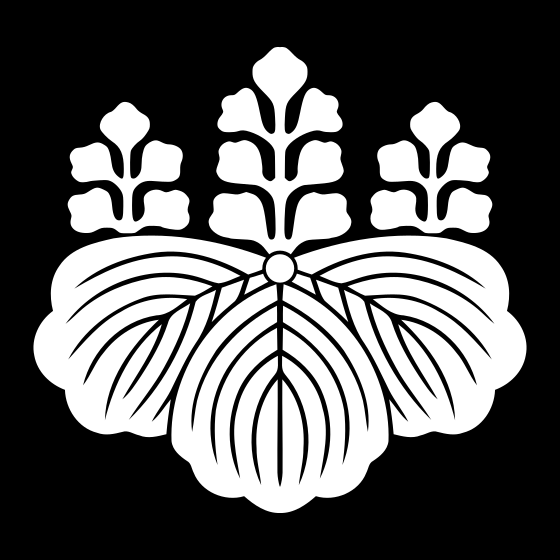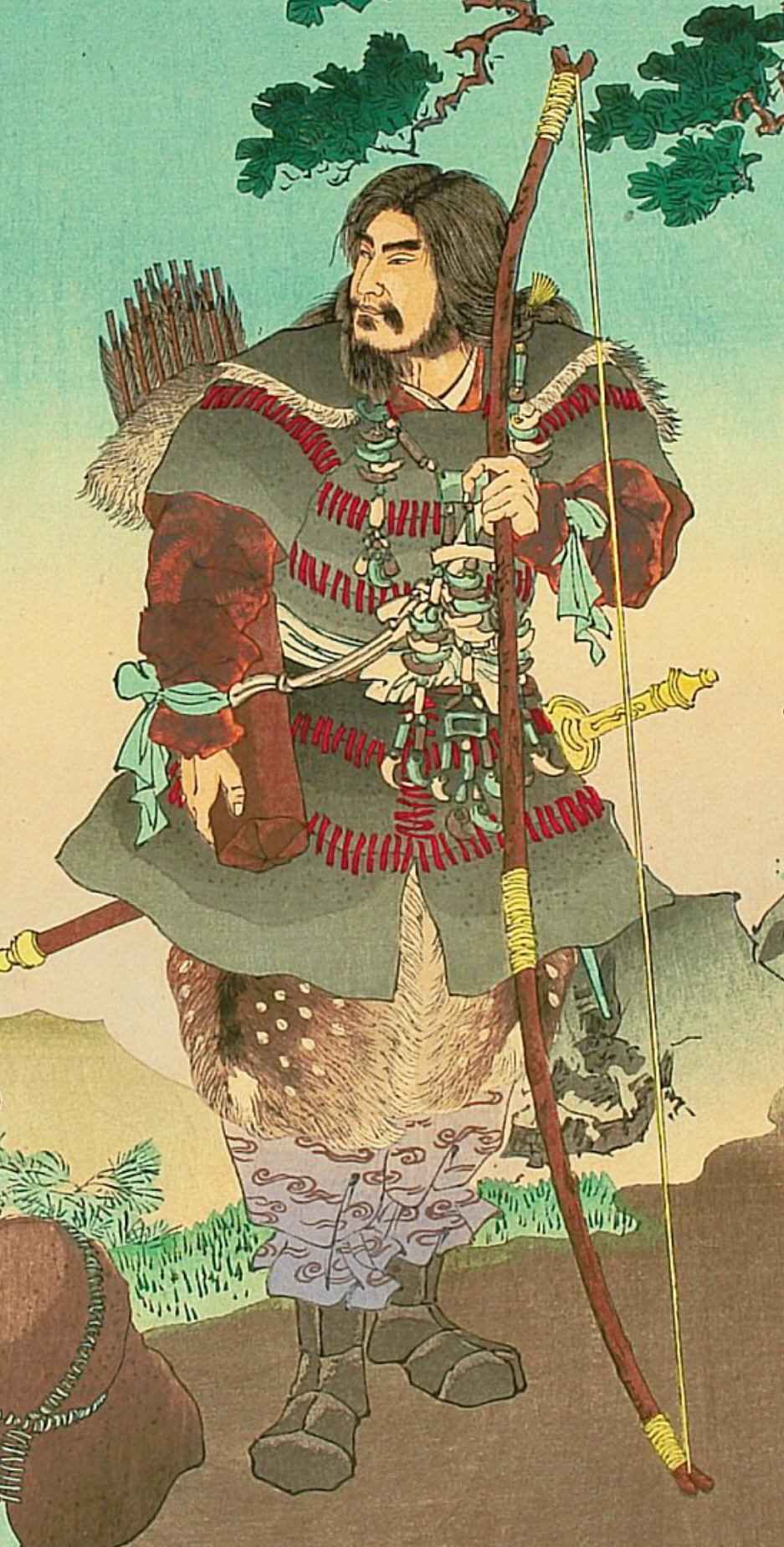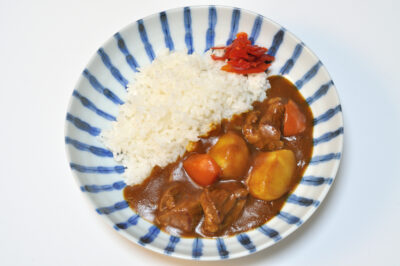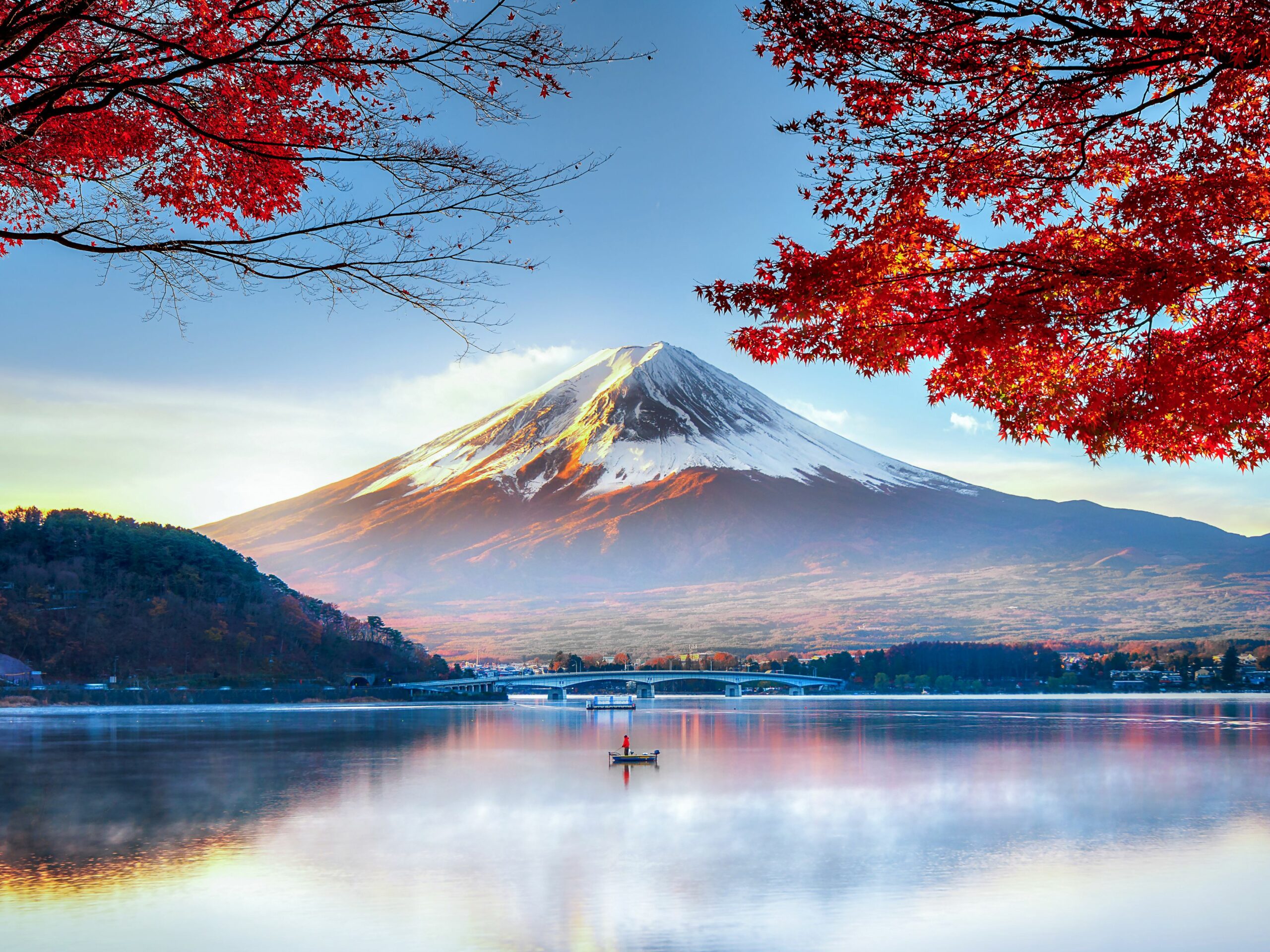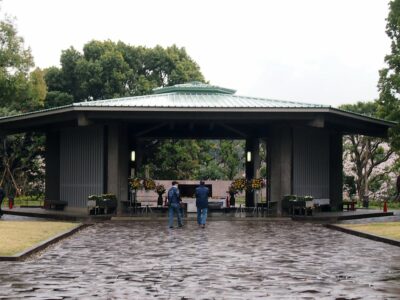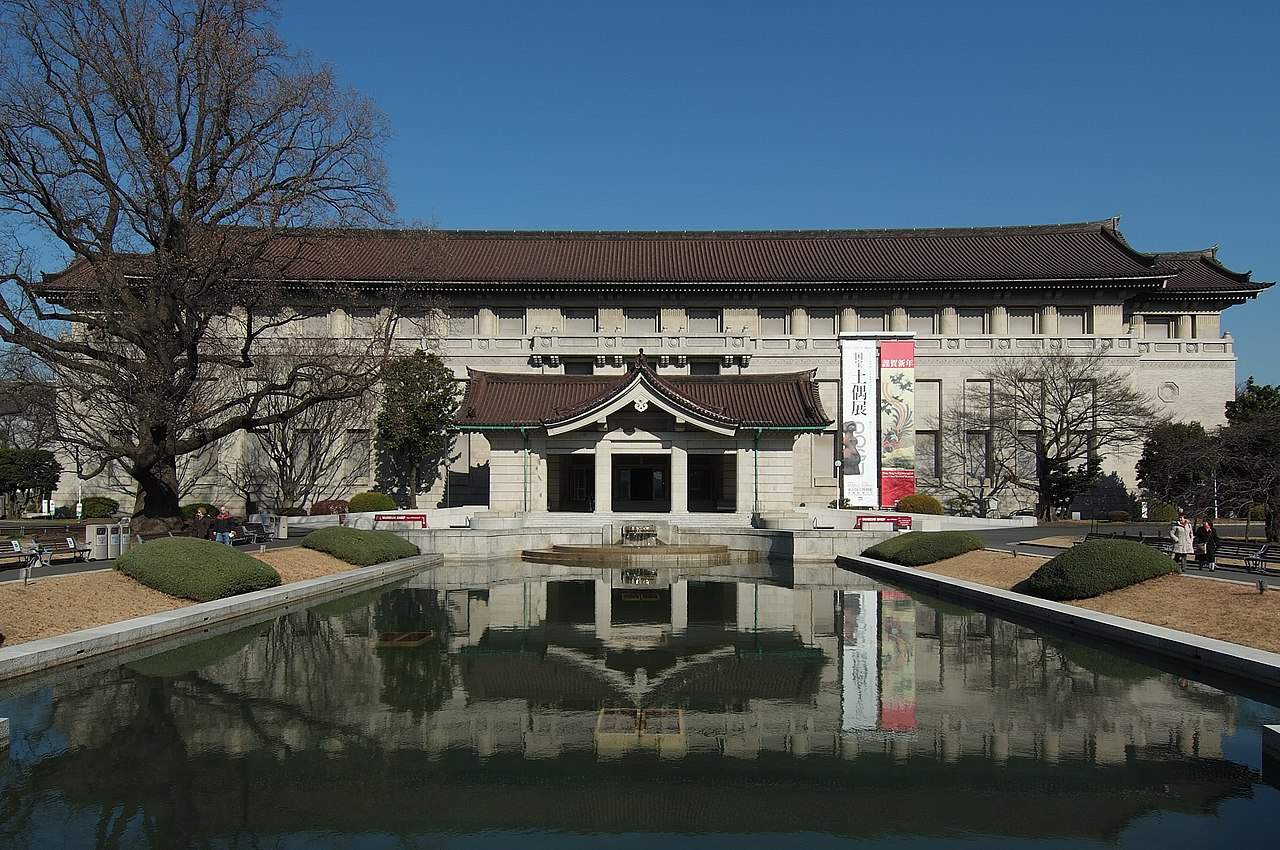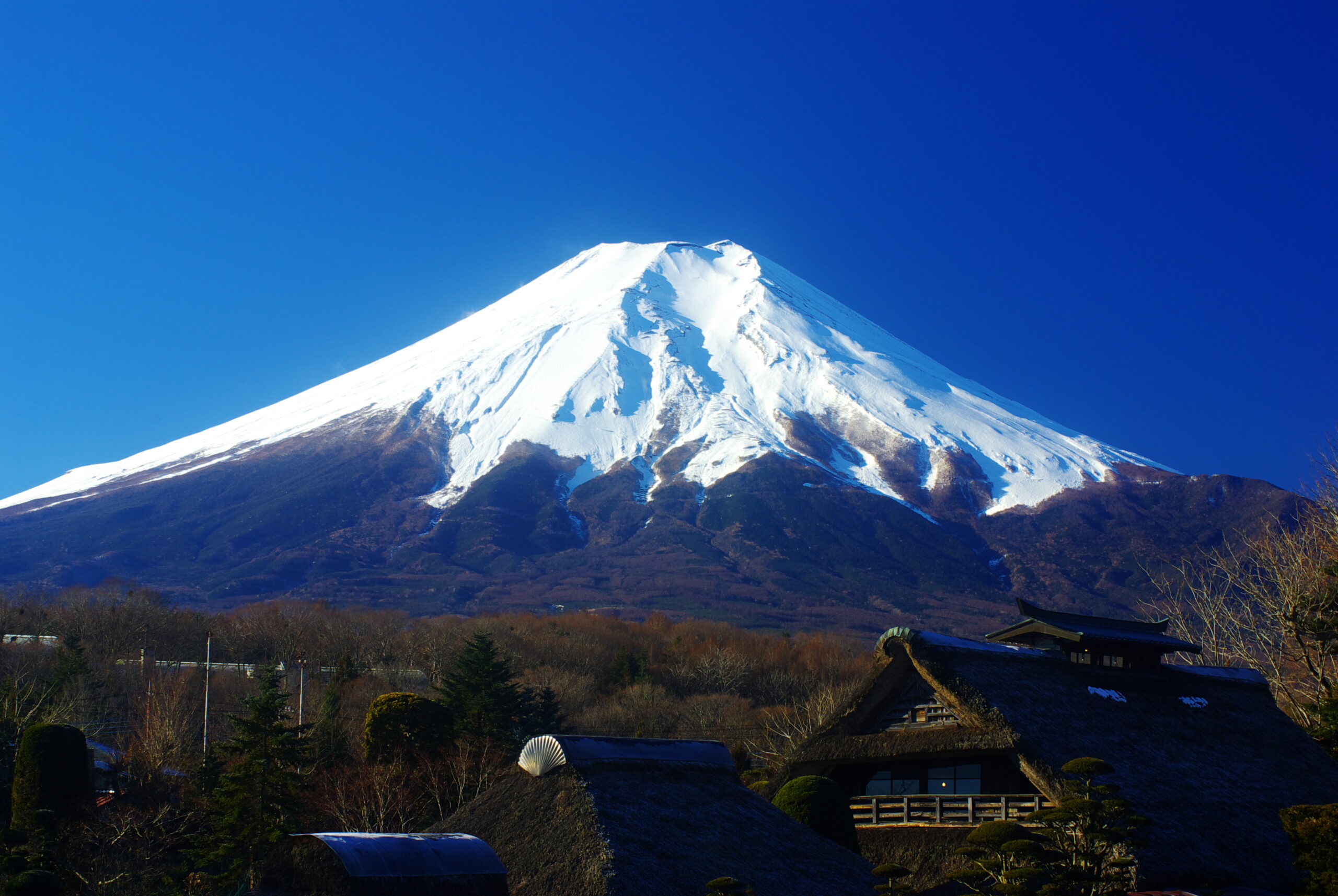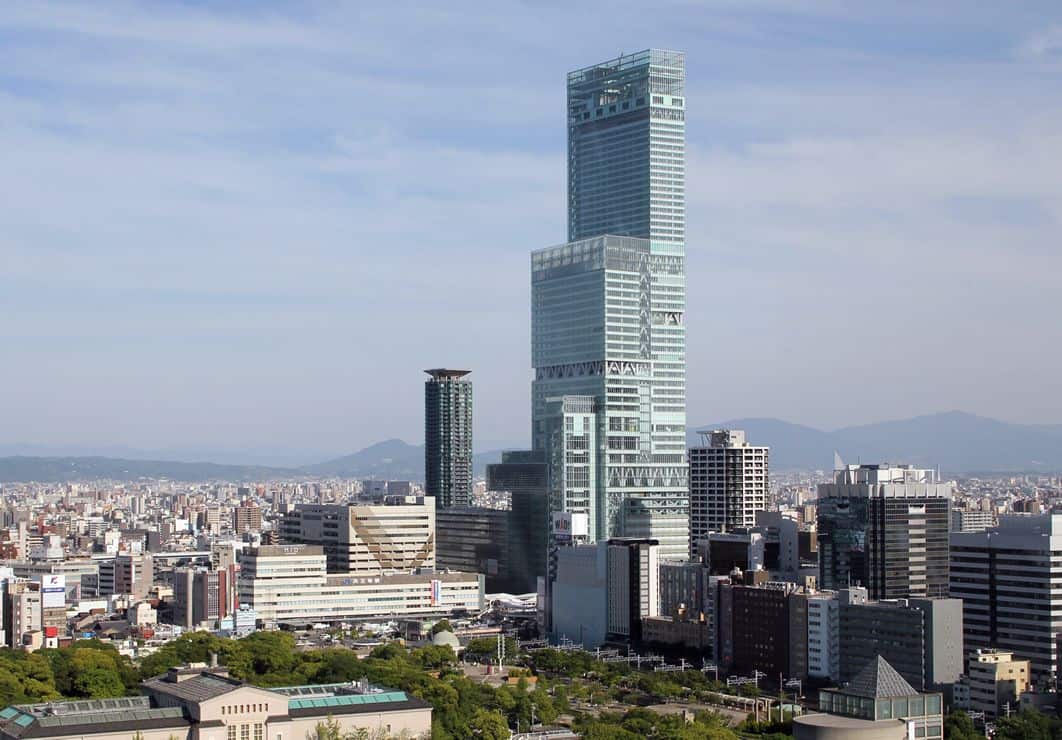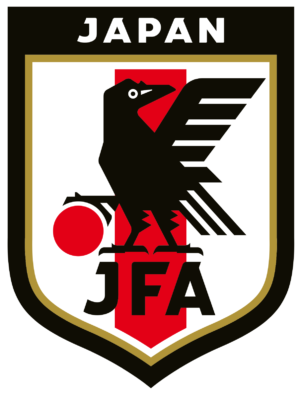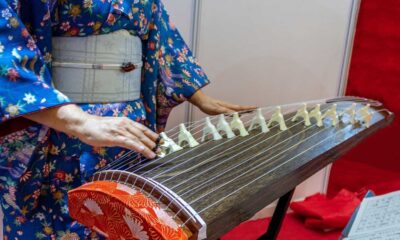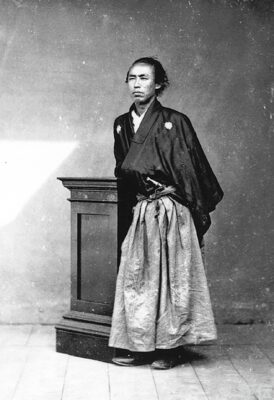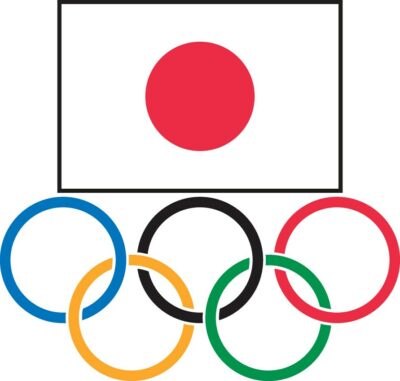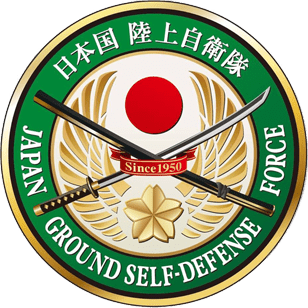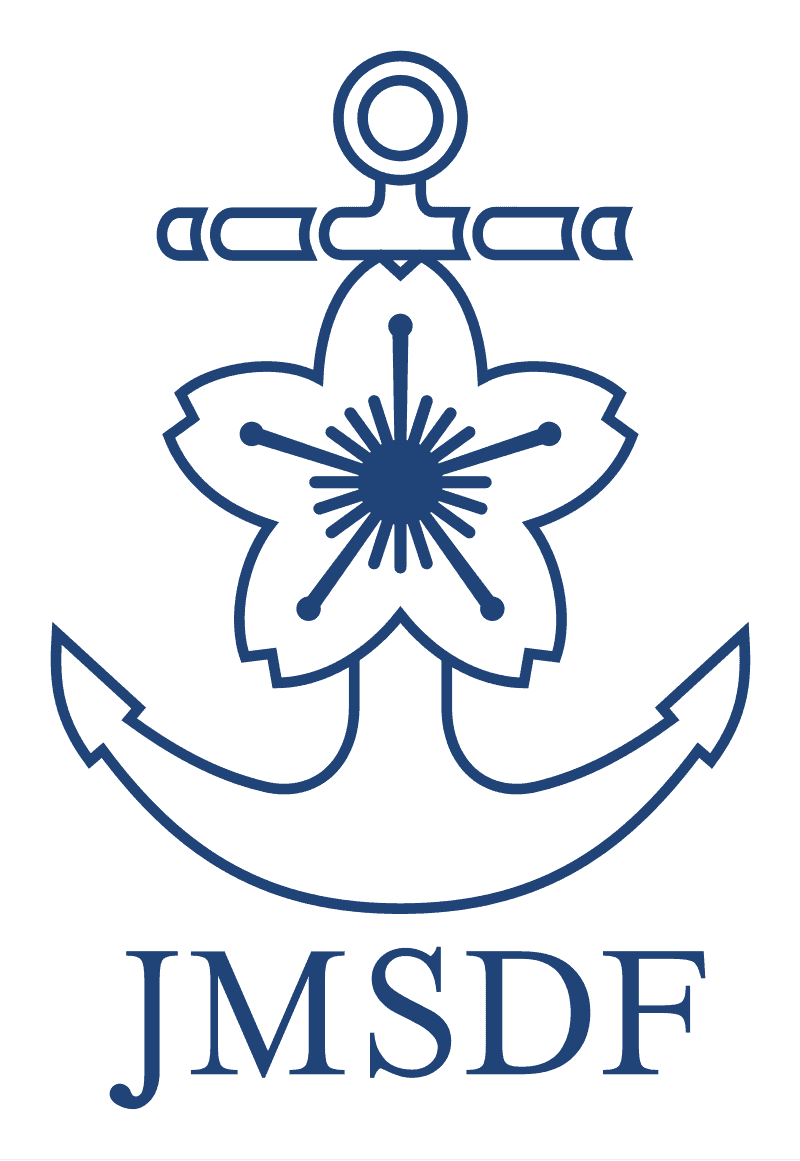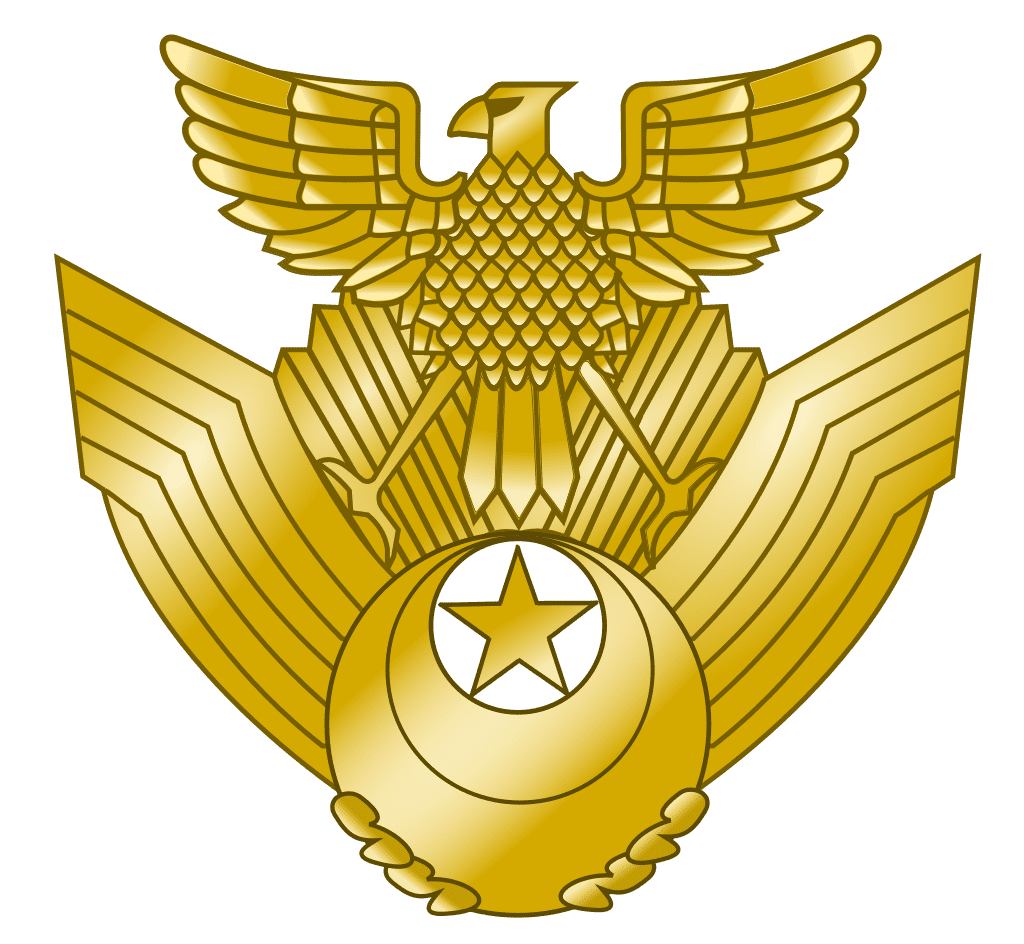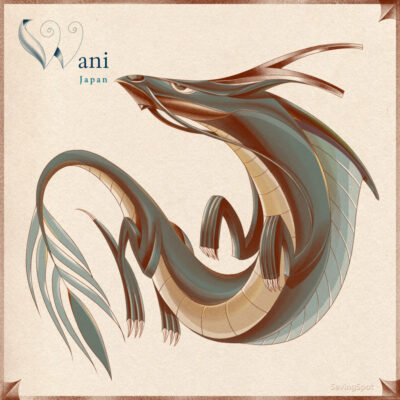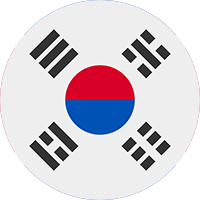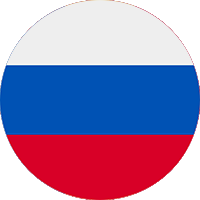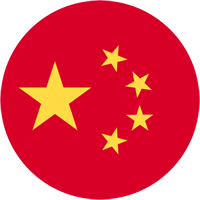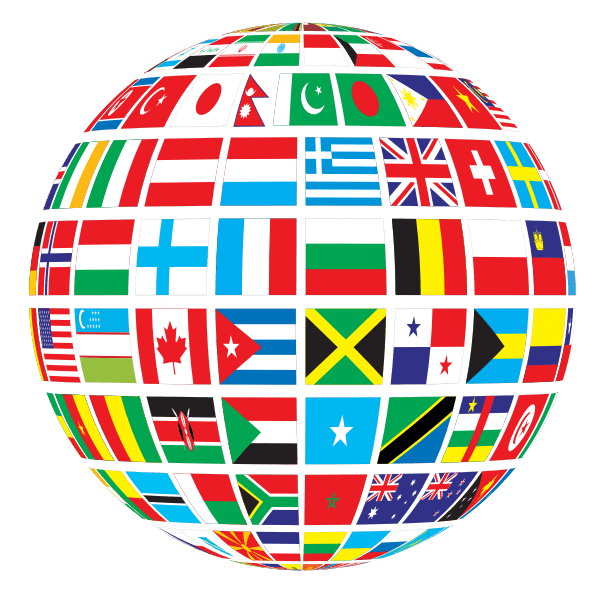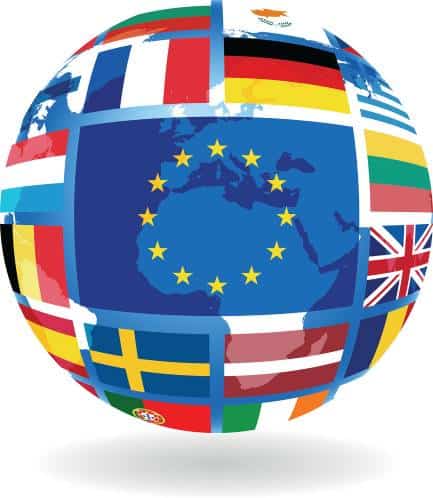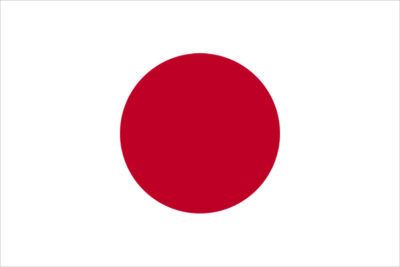National Symbols of Japan
Last updated on July 31st, 2024 by Editorial Staff
Table Of Contents
By Naeem Noor | Updated on July 31, 2024
Reviewed by Rittika
Japan is a country in Asia. It shares borders with 3 countries: South Korea, Russia, and China. The people of Japan are called Japanese. The country is situated in Eastern Asia, an island chain between the North Pacific Ocean and the Sea of Japan, east of the Korean Peninsula.
Etymology discusses where a term is considered to have originated from and how its meaning has changed over time. Etymology has been a factor in the naming of countries all across the world, and Japan has also been influenced. The etymology of Japan can be defined as; “Land of the Rising Sun”.
An ethnicity is a group or sub-group of people who are connected based on common characteristics which may include religion, origin, language, traditions, or culture. The ethnic group in Japan is Nihonjin.
Japan Airlines is the national airline of Japan. The national colors of the country are red and white. The emoji flag of the country is ????????, and the ISO code is JPN.
Japan is known for its tea ceremonies, Sumo wrestling, Samurai, and Ninjas. The national dish of Japan is Curry Rice. Sake, in addition to being a traditional beverage, is one of the country’s national drinks. The national instrument of Japan is Koto.
The country has the time zone UTC+09:00 (JST) followed by yyy/mm/dd as the standard date format.
Japan is divided into 47 prefectural divisions. The capital of the country is Tokyo, which is also the largest city in Japan.
The literacy rate in Japan is 100%.
The country’s total area is 377,975 km² (145,937 sq mi), and the total population is 126,476,461. The country’s average elevation is 438 m (1,437 ft), whereas the country’s terrain can be defined as; Mostly rugged and mountainous. The country’s usual climate varies from tropical in the south to cool temperate in the north.
The area of land next to a sea is called the coast, and a coastline is defined as the line where land and sea meet. Japan has 29,751 km of coastline.
The Japanese yen serves as the national unit of currency, and the Bank of Japan is recognized as the country’s central bank. The domain for Japan is .jp and the country code is +81. Chrysanthemum Seal is the country’s coat of arms.
Museums are known to educate and connect visitors with the nation’s history, culture, civilization, art, and architecture. Tokyo National Museum serves the same purpose and is considered one of the most significant tourist attractions. Tokyo National Museum is home to a large collection of artifacts. It has been designated as the national museum of the country.
The national dress of Japan is the Kimono, and 14 March is designated as National Day. In Japan, the majority of the population practices Shinto, Christianity, and Islam as their religion.
Nature is a blessing from God and we must protect it because it provides us with the oxygen and food to survive. It also helps to keep our environment beautiful and clean. To emphasize the significance of nature, Japan has selected a few forces of nature as national symbols. Japan’s national bird is the Green pheasant, while its national animal of japan is the The green pheasant. The national flower is Cherry Blossom Sakura, whereas Persimmon is the country’s national fruit. The national tree of Japan is the Japanese Red Cedar Sugi, and the highest peak is Fuji-san.
Mythical creatures can be found in the literature and mythologies of many different nations. They represent imaginative representations of various creatures, humans, or hybrids. They are known for their specific features, supernatural abilities, and distinctive appearance. The mythical creature of Japan is Wani.
Sports have always played an important role in developing the social and cultural structure of Japan and other countries. When it comes to designating a sport as the official symbol, Sumo is considered the country’s national sport.
Poetry is a highly valued form of art, and many poets are considered significant national symbols of the country. The national poets of Japan are Koizumi Yakumo, Murasaki Shikibu, Matsuo Bashō, Kobayashi Issa, Ishikawa Takuboku, and Tanikawa Shuntaro.
Emperor Jimmu is the founder of Japan. The country’s national anthem was written by Traditional Waka poem from the Kokin Wakashū (first published in 905), and composed by Yoshiisa Oku and Akimori Hayashi; usually credited to Hiromori Hayashi.
Mausoleums are buildings dedicated to holding someone’s remains. It serves as a reminder of the nation’s revolutionary fighters who sacrificed their lives for the country. Mausoleums are one of the most significant historical landmarks. The national mausoleum of Japan is Chidorigafuchi National Cemetery. The country’s national hero is Sakamoto Ryoma.
Due to their unique qualities and rich cultural or historical backgrounds, national monuments around the world are of great importance. Mount Fuji is recognized as the national monument of the country. It attracts visitors from all around the world.
Numerous organizations are working on a global level to improve the current state of affairs and to collaborate in order to establish and maintain constructive partnerships. Japan is a member of the United Nations (UN). Japan collaborates with them to organize, analyze, and address various events and situations.
The tourism slogan of the country is “Endless Discovery”, and Yoshihide Suga is the current Prime minister of Japan.
Japan has declared Japanese as the country’s official language.
– Further information regarding the symbols and knowledge of Japan can be found in the table of contents –
Country information
| Former name(s) | Nippon |
| Official name(s) | Japan |
| Alternative name(s) | Nippon (official, English) |
| Regional location | Eastern Asia, an island chain between the North Pacific Ocean and the Sea of Japan, east of the Korean Peninsula |
| Country name etymology | "Land of the Rising Sun" |
| Climate | Varies from tropical in the south to cool temperate in the north |
| Terrain | Mostly rugged and mountainous |
| Population | 126,476,461 |
| Language(s) | Japanese |
| Religion | Shinto, Christianity, and Islam |
| Country code | +81 |
| Literacy rate | 100% |
| Currency | Japanese yen |
| Capital city | Tokyo |
| ISO | JPN |
| Domain(TLD) | .jp |
| Ethnicity | Nihonjin |
| Head of government | Prime Minister |
| Nationality | Japanese |
| Driving side | Drive on the Left-hand side |
| Date format | yyy/mm/dd |
| Total area | 377,975 km² (145,937 sq mi) |
| Timezone | UTC+09:00 (JST) |
| Average elevation | 438 m (1,437 ft) |
| Coastline | 29,751 km |
| Mains electricity | 100 V, 200 V |
| Emergency telephone numbers | Emergency Telephone Numbers |
Coat of arms
Flag map of Japan
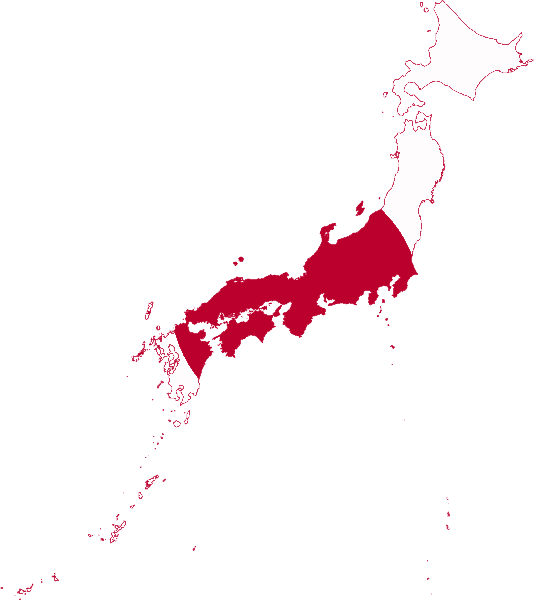
Motto of Japan
National animal of Japan
The National animal of Japan is The green pheasant
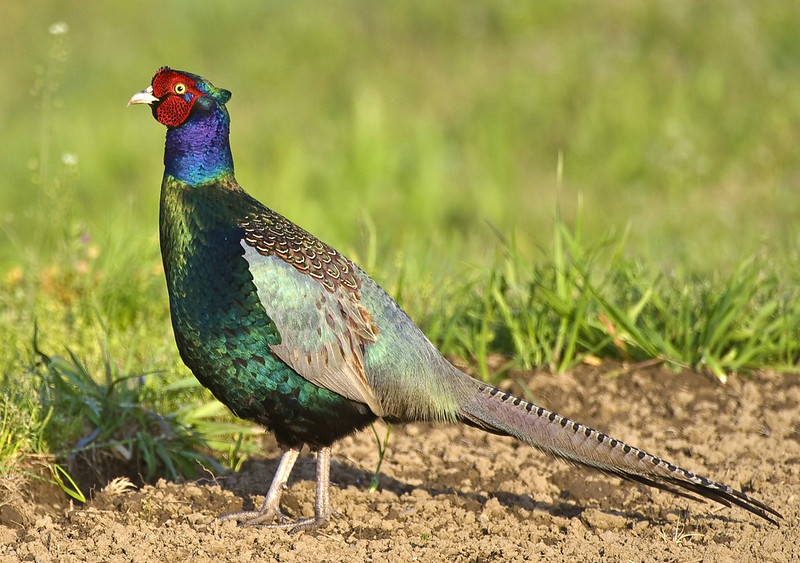
National flower of Japan
The National flower of Japan is Cherry Blossom Sakura. Botanical name is Chrysanthemum .
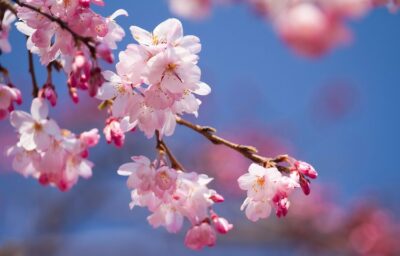
National bird of Japan
The National bird of Japan is Green pheasant
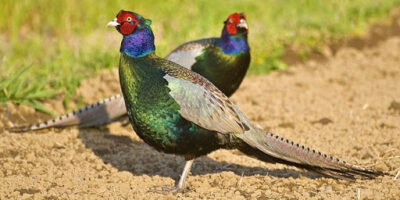
Rest of the National symbols of Japan 👇
-
FounderEmperor Jimmu
-
National dishCurry Rice
-
National danceTsutsumi
-
National dressKimonos
-
National monumentMount Fuji
-
National anthemView Anthem
-
National fruitPersimmon
-
National drinkSake
-
National colorsRed and white
-
National sportsSumo
-
National treeJapanese Red Cedar Sugi
-
National poetKoizumi Yakumo, Murasaki Shikibu, Matsuo Bashō, Kobayashi Issa, Ishikawa Takuboku, Tanikawa Shuntaro
-
National mausoleumChidorigafuchi National Cemetery
-
National archivesNational Archives of Japan
-
National museumTokyo National Museum
-
National libraryNational Diet Library
-
Central BankBank of Japan
-
Highest peakFuji-san
-
Tallest buildingAbeno Harukas
-
National football teamJPN
-
Tourism sloganEndless Discovery
-
Emoji flag????????
-
National airlineJapan Airlines
-
National instrumentKoto
-
National heroSakamoto Ryoma
-
Prime MinisterYoshihide Suga
-
Olympics CommitteeJapanese Olympic Committee
-
PassportPassport of Japan
-
ArmyJapan Ground Self-Defense Force
-
NavyJapan Maritime Self-Defense Force
-
Air ForceJapan Air Self-Defense Force
-
Mythical CreatureWani
Neighbouring countries of Japan
Japanese Proverbs - Popular quotes, proverbs and sayings.
Your years will still remain the same whether you laugh or cry. You won’t get sick if you have plenty of work. You will never learn enough looking for only the good things in life; you will always be a pupil. You warm up something for ten days and it goes cold in one. You should climb Mount Fujiyama once in your life. Climb it twice and you’re a fool. You have to bow a few times before you can stand upright. You don’t have to die: heaven and hell are in this world too. You can’t straighten a snake by putting it in a bamboo cane. You can’t see the whole sky through a bamboo tube. You can worship a sardine’s head if you believe in it. You can see heaven through the eye of the needle.
